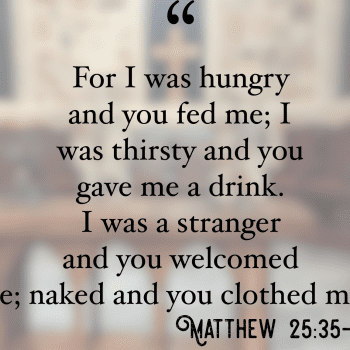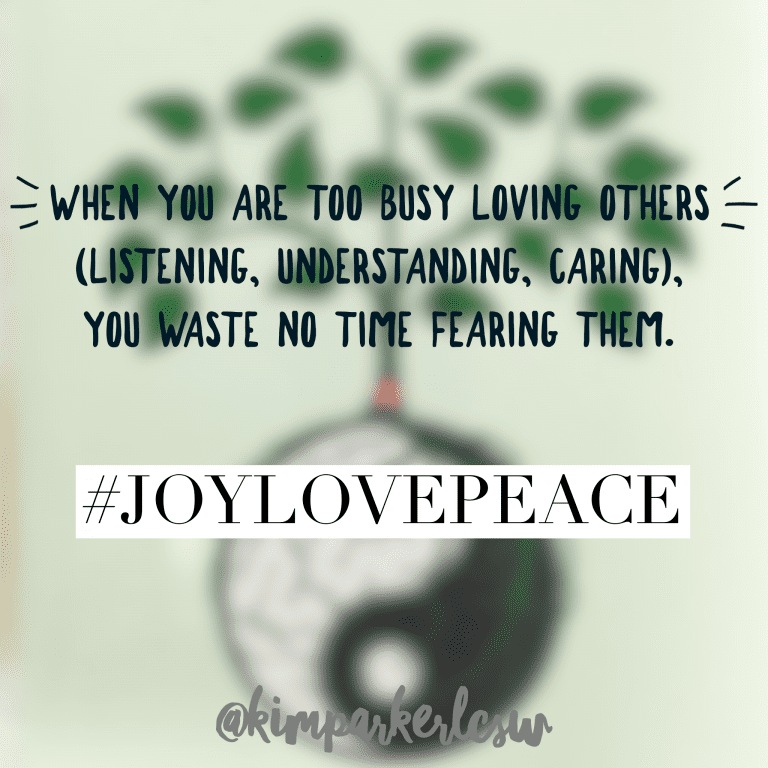There is no doubt that internet and smartphone technology have many benefits for society. A certain population of Americans are not mobile and enjoy getting involved, informed, and connected online. However, people are unplugging from or reducing online interactions for good reasons. If you are a small business owner or organization leader, you might not understand why folks are dis-engaging from online interactions. They are posting and sharing less. Some have deleted intrusive apps or deactivated their Facebook accounts.
From speaking with people firsthand and reading various articles and comments, I’ve made a few observations as to some good reasons for this growing exodus:
- The internet is addictive. Some people need to deal with this the cold, hard way that recovering alcoholics and substance abusers have to address their addiction—take it seriously and admit our weakness, stay far away from it, set up accountability to prevent future lures and temptations. To learn more on how to address internet addiction, click here.
- People are busy. Between work, raising kids, taking care of elderly family members, volunteering, and taking good self care, there is precious little time for anything else. Especially if we want to be productive at work and spend quality time with family and friends, something has got to give. More people are refraining from commenting online.
- People are worried about their privacy. Unless you’re a public figure, have a small business marketing a product or service (this is why I’m online a lot), leading a large group, or pursuing a career as a politician/pundit, you really don’t need to give up your private lives just because everything is online these days. Being exposed nonstop is stressful and oftentimes not worth the benefits that publicity brings. There’s something to be said about relative anonymity where we are not followed, judged, and critiqued for every single step that we make on this rocky road called life.
- People don’t want criticism. Any talk about sensitive and controversial topics can easily lead to online attacks of the worst nature—from name calling, to put downs, to threats and lawsuits even affecting our mental health and livelihood. Who wants to be blasted on the web as a racist, sexist, xenophobic, homophobic, ignorant, extremist fool when you are just a regular person doing your best to make a life and living, trying to learn as fast as you can while not messing up horribly or permanently?
- People are afraid to offend. See above. It’s difficult to have online conversations where we are not known, our tone and body language, facial expressions are not read, our spirits cannot be easily picked up. One benign comment can trigger lots of feelings in the reader, leading to serious misunderstandings and even hurt. With a simple word, we can easily trigger someone’s fight, flight, or freeze response (I share more about this in chapter 10 of East Meets West). Then all of a sudden, we find ourselves feeling shocked, angry, defensive, and before anyone can proof read an essay, we are in the middle of an all out war of words with complete strangers. It’s traumatizing to accidentally traumatize someone.
- The world has gotten much more polarized with the prevalence of the internet and social media. People can customize their news outlets, friendship circles, and group affiliations leading to a life inside a large, cozy bubble where we are not aware of another perspective from another person with valid feelings and concerns based on real life experiences. We can easily take up arms against our good neighbor by isolating ourselves to interact with folks that look or talk like us. Who wants to be a bridge (like I share about here) that gets stepped on and abused when we can safely camp on one side surrounded by “the cooler, more loving people” while shaking our heads at the other side?
- People want warmth, understanding, and trust in human relationships. In contrast, online and virtual interactions are more nonpersonal mass communication and entertainment. The founder of Facebook has previously stated that he meant for Facebook to connect people and build relationships. However, people are not highly censored images or short snappy utterances. We are a whole, complete being with nuanced thoughts and complex emotions, carefully constructed and developed over time and experiences. Online and virtual interactions cannot capture our complete package and therefore sets us up for a whole lot of disconnection while appearing to connect. However, video chatting can add more dimensions to online interactions, but if we are constantly online, then we lose shared humanity with the real life people standing next to us at a coffee shop or bus stop.
Are you making similar observations? What wisdom can you share for folks who depend on online activity for marketing purposes because they need to make a living (realtors, authors, speakers, bloggers, home based businesses selling oil, jewelry, skin care, etc…)?
Sometimes, I wish that life as an American wife, mom, and professional were simpler and we didn’t need the internet so much. Or do we?












